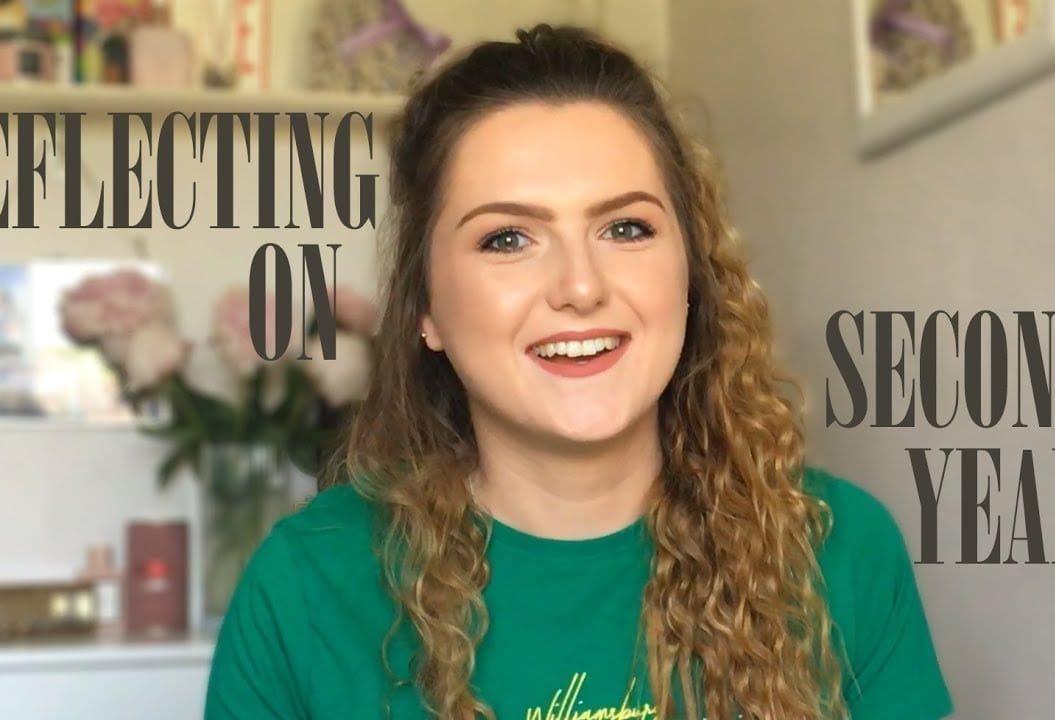Hi there! My name is Alex and I'm currently undertaking my Creative Writing PhD at the University of Lincoln. I'm a big fan of lots of streaming services, books, and am a published poet! I aspire to be a multi-genre,…

Practising Self Forgiveness
As a student, there are plenty of times when you might find feelings of self-deprecation and guilt affecting you. Being…
July 7, 2023,
read.
As a student, there are plenty of times when you might find feelings of self-deprecation and guilt affecting you. Being able to forgive yourself as a student is incredibly important, particularly for your mental health and self-esteem as you navigate your studies, and undoubtedly end up comparing yourself to those around you. You may see others excelling at things you’re struggling with, but it’s important to recognise that not everyone can take things at the same pace. This article is going to go into a few things that may cause you to feel guilt in your studies, and outline how to rationalise them and practise self-forgiveness.

Attention Span
When it comes to paying attention in class, different people have different rates of focus. Where some can focus perfectly in lectures and seminars, taking in the information without any trouble, that’s not the case for everyone. Not having a strong attention span, however, does not mean you are a bad student, because it’s rarely something that can be controlled at the moment. If retaining information during class is a problem, often tutors will upload session content to Blackboard so you can look back at it in your own time. Also, you can ask sessions to be recorded too, so you don’t miss a thing!
Study Time
When it comes to figuring out how much time to dedicate to your university work, there is not one system that works for everyone. Only you can know what kind of structure works for you, and if it’s different from the way your friends study then that’s okay! The point is to find what works for you, rather than forcing yourself to conform to other people’s routines. You may prefer a timetabled structure of an hour or two a day, or maybe you’d rather do work for two days solid and then have the rest of the week off – all that matters is finding a schedule that works according to when you feel productive, and if you differ from everyone else in that regard then you do not need to feel guilty. You can feel proud for prioritising yourself and your needs.

Study Methods
Sometimes it can be difficult to figure out what kind of study methods work for you, especially since there are so many different methods out there for you to pick from. It can take time to figure out what works for you, whether it be re-writing notes, doing audio learning, watching video content, or countless other options. Similarly to figuring out how to structure your study time, it’s important not to compare yourself to others around you in this situation. The important thing is figuring out what works for you and dedicating your energy to trying out different study methods is not a waste of time, because, in the end, it will help you study to the best of your ability.
Assessment Results
Receiving your assessment results at university can be incredibly nerve-wracking, and it can be disheartening if you don’t get the numerical grade you were hoping for. Though it will feel like an unpleasant setback at the time, I can assure you that it is not the end of the world. Grades can always be improved upon, and in this situation, the best thing to do is to talk to your tutors. The feedback, both positive and negative, they put on your assessments does not need to be the end of the conversation. If you need more clarity, explanation or advice on how to proceed then your tutors will be happy to help, it’s the whole reason they’re here after all! A few lower grades do not determine your overall talent or strength, and if you allow yourself to be helped and supported, things will be alright.

Where to find help
It’s easy in situations like these, where you’re struggling with studying or getting lower grades than you hoped for, to start blaming yourself. However, even though it is your responsibility to study, that doesn’t mean you have to be alone. It’s easy to put pressure on yourself and insult yourself when things aren’t working out, but in the end, that won’t help you. Communication is important, with your friends, tutors, and all the other people at the University of Lincoln who are eager to help you in any way they can.
It is perfectly okay to be kind to yourself when you’re struggling because, at the end of the day, you can be proud of always having tried your best. However, if you’re really having trouble with feelings of guilt or self-hatred then please do reach out to Student Wellbeing, and they will be happy to help you get through this.
You can reach them by e-mail at studentwellbeing@lincoln.ac.uk and by phone at 01522 886400.



